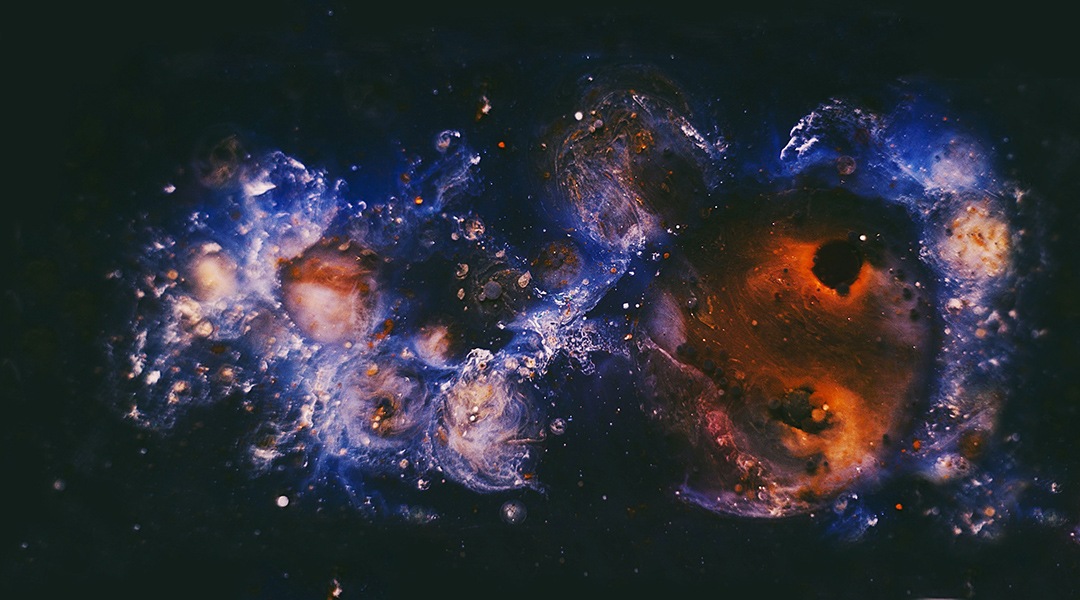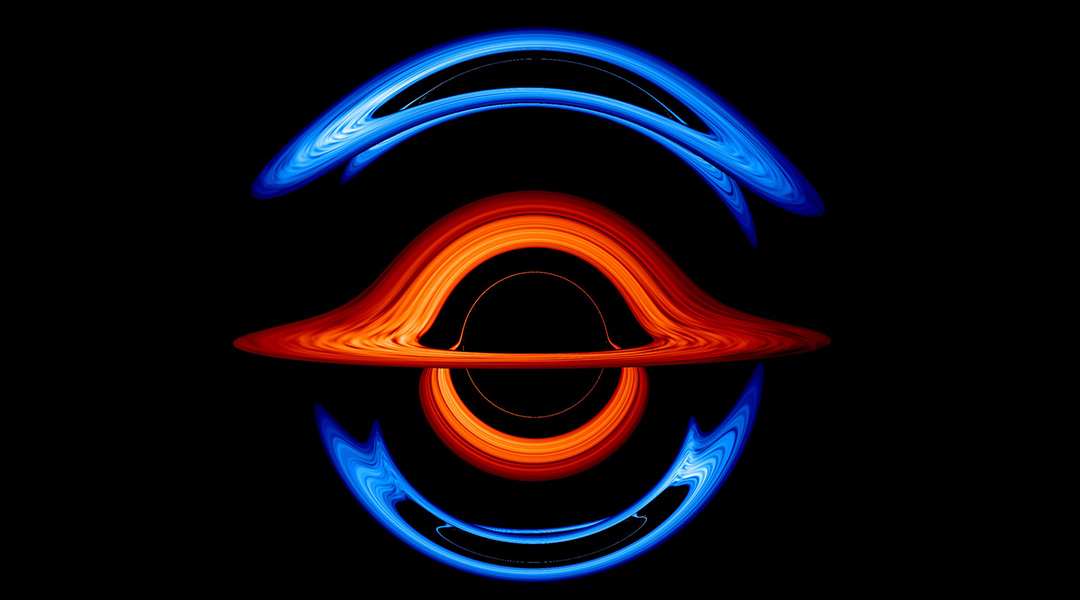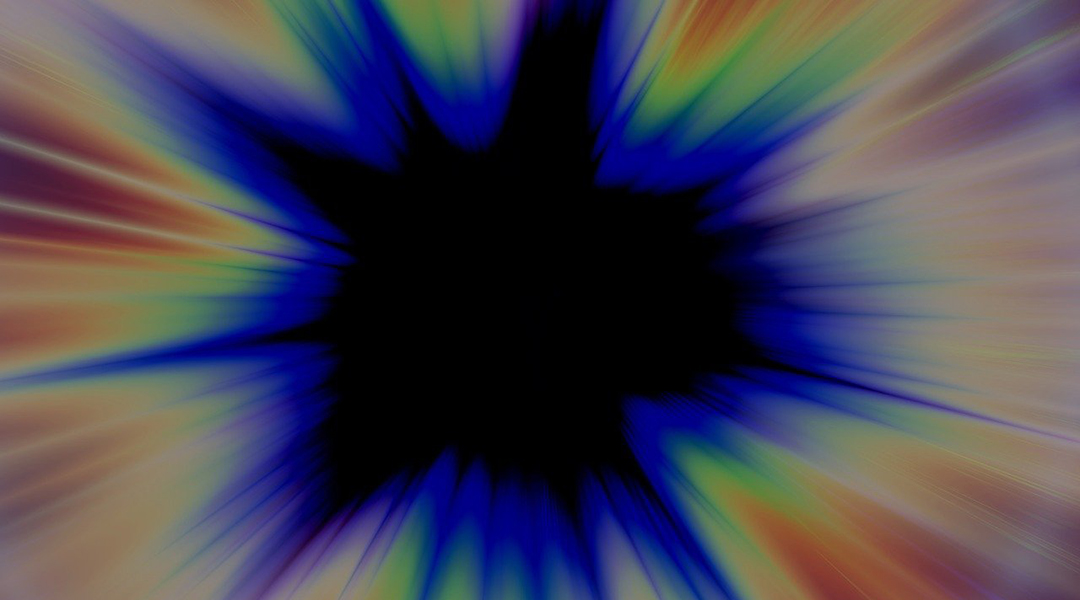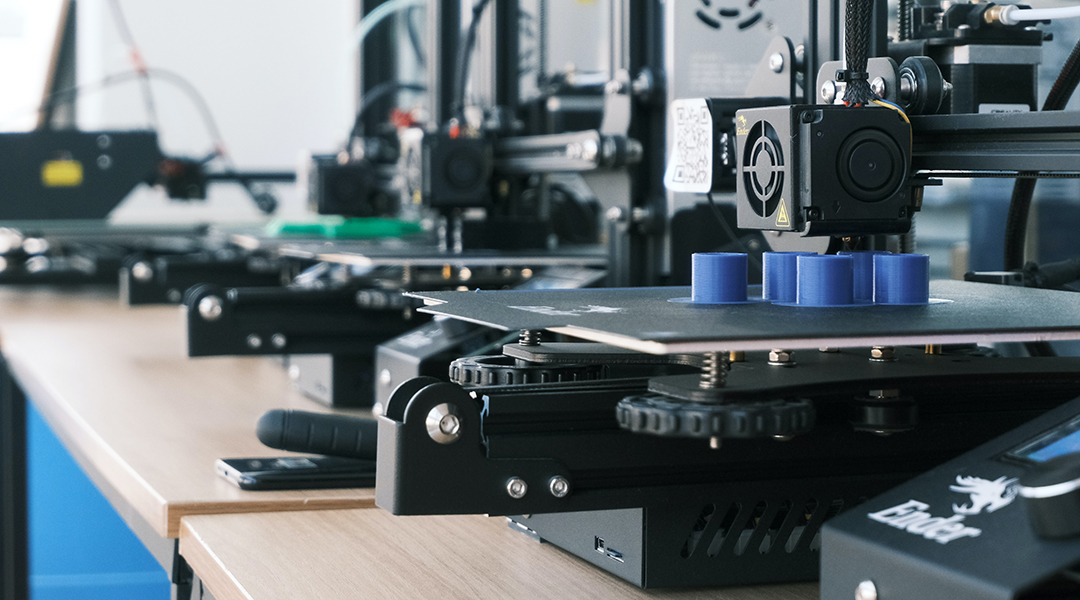What would it mean for two particles to become gravitationally entangled?



What would it mean for two particles to become gravitationally entangled?

Is it time to start looking for alternatives to WIMPs?

A modification to the theory of general relativity makes it consistent with observable astronomical data without the need for dark energy.

Merging pairs of black holes are thought to have originated from binary stars, but new observations indicate this might not always be true.

A new manufacturing technique to grow perovskite crystals for high-performance solar cells uses “face masks” to minimize imperfections.

An automated synthesis platform called Chemspeed reduces time and labor when searching for organic molecules as gain mediums in lasers.

Conflict between theory and observational evidence suggests a missing ingredient in our understanding of the early Universe.

To optimize 3D printing, researchers apply machine learning to minimize waste and optimize structure during the printing process.

Using the motion of sound waves through a superfluid liquid, scientists can model the Universe’s evolution on a reasonable time scale.

A groundbreaking technique produces tetrataenite, a material used in permanent magnets only found in meteorites.